Serum vs. Moisturizer: Differences and Benefits
Definitions
Serum: A serum is a lightweight skincare product formulated with high concentrations of active ingredients, such as antioxidants and peptides. These potent ingredients are designed to penetrate deeply into the skin, targeting specific concerns like fine lines, hyperpigmentation, or dehydration. Because of their concentrated nature, serums often deliver quicker and more visible results compared to other skincare products.
Moisturizer: In contrast, a moisturizer is a thicker formulation that primarily focuses on creating a barrier on the skin’s surface. This barrier helps to lock in moisture and prevent dryness, keeping the skin hydrated throughout the day. Moisturizers are essential for maintaining the skin’s natural moisture balance and protecting it from environmental factors that can lead to dryness.
Benefits of Using Serum
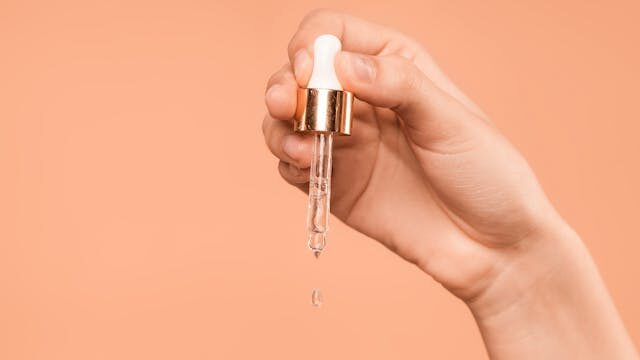
- Delivers Potent Active Ingredients: Serums are formulated with high concentrations of active ingredients, making them effective for targeting specific skin concerns such as anti-aging, brightening, and acne. Ingredients like retinol for fine lines or vitamin C for pigmentation can provide noticeable improvements.
- Provides Deep Hydration and Nourishment: Many serums contain humectants like hyaluronic acid, which attract moisture to the skin. This deep hydration helps plump the skin and maintain a healthy, radiant complexion.
- Offers Anti-Inflammatory Properties: Serums often include soothing ingredients that can calm sensitive or irritated skin. For instance, chamomile and aloe vera can help reduce redness and inflammation, making serums beneficial for those with reactive skin.
- Protects Against Environmental Damage: Serums can provide additional protection against environmental aggressors such as pollution and UV exposure. Antioxidants like vitamin E and green tea extract help neutralize free radicals, which can cause premature aging and skin damage.
Benefits of Using Moisturizer
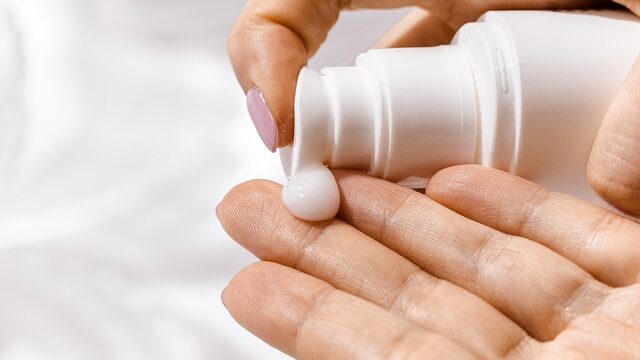
- Seals in Moisture and Enhances the Skin Barrier: Moisturizers create a protective barrier on the skin’s surface that locks in hydration, preventing water loss. This is crucial for maintaining skin elasticity and overall health.
- Keeps Skin Hydrated: Moisturizers are particularly beneficial for dry skin types, as they provide essential hydration and prevent flakiness. Ingredients like glycerin and shea butter work to attract and retain moisture, keeping the skin soft and supple.
- Forms a Protective Layer Against External Irritants: A good moisturizer forms a barrier that shields the skin from environmental irritants, such as pollution, harsh weather, and allergens. This protection helps to reduce irritation and maintain a balanced complexion.
Using Both Together
- Recommended for Enhanced Skin Health: Using both a serum and a moisturizer is especially beneficial for overall skin health, particularly for those with dry or dehydrated skin. The combination helps target specific concerns while ensuring the skin remains hydrated.
- Application Order: Start by applying the serum first. This allows the potent active ingredients to penetrate deeply into the skin, delivering their benefits directly where they are needed most. After the serum, follow up with a moisturizer to lock in that hydration and create a protective barrier.
- Optimal Absorption: For the best results, wait 30-60 seconds after applying the serum before using the moisturizer. This short pause allows the serum to absorb fully into the skin, maximizing its effectiveness before sealing it in with the moisturizer.
Application Tips
- Order of Application: Serums are typically used after cleansing and toning your skin. This ensures that your skin is clean and ready to absorb the active ingredients effectively.
- Moisturizer Application: Moisturizers should be applied last in your skincare routine. This allows them to create a protective barrier that locks in moisture and seals in the benefits of the serum.
- Consider Skin Type: When layering products, it’s essential to consider your skin type and the specific ingredients in the products you choose. For instance, oil-based serums may not be suitable for acne-prone skin, as they can contribute to clogged pores. Opt for lightweight, non-comedogenic serums if you have oily or acne-prone skin.


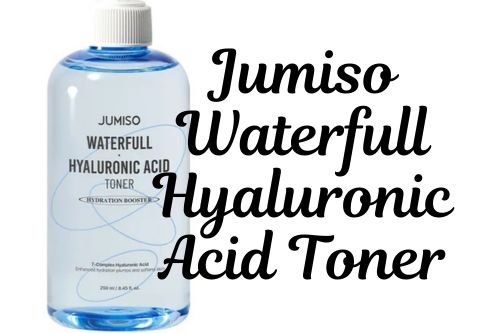
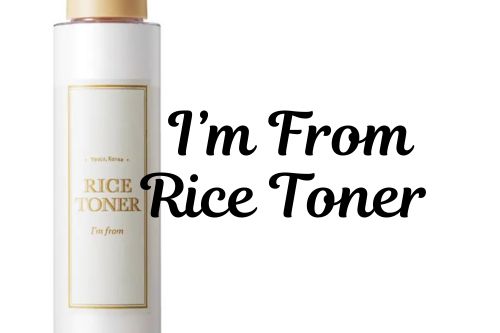


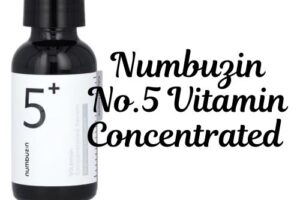
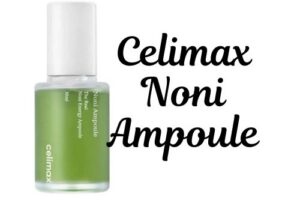
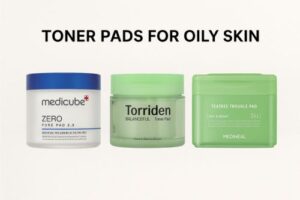
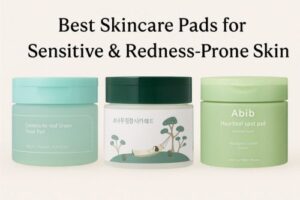
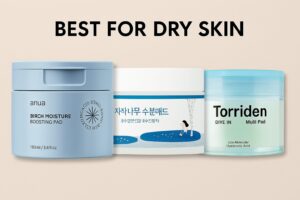
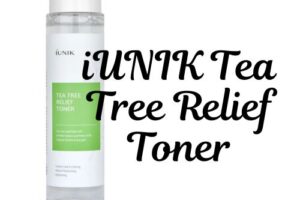
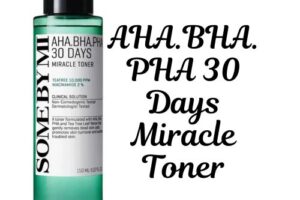
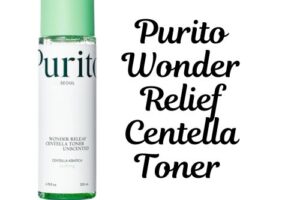
4 comments